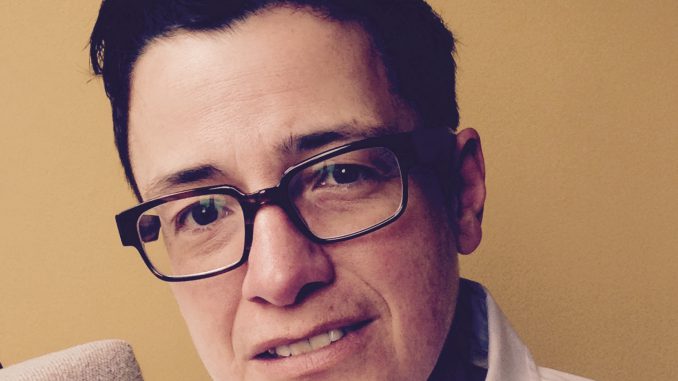
Dr Stan Papoulias, postdoctoral research worker at King’s College London and joint acting theme lead for the CLAHRC’s patient and public involvement theme reflects on the nature of true collaboration, and the challenges of reconciling different institutional priorities, to deliver effective interventions, while building trust with service users, carers and communities.
Recent activities, including joint work with other London CLAHRCs, have made me think a lot about collaboration, particularly in relation to working with service users, carers and communities.
There are successful examples to celebrate. Yet the very hospitality and shared learning I have experienced have made me think how fraught with obstacles collaboration is. Our institutions’ learned ways of working are not based on collaboration, despite being urged to forge partnerships. Universities need to compete and show ‘impact’ – mostly publications in academic journals. This is what funders want. Efforts at collaboration are framed within a broader landscape of increasingly intense competition for what are set as diminishing resources.
Also: much health research works in silos. Scientists are trained through going deeply into specialisms. But people’s lives do not work in this way. We hear more and more of the need to develop responsive integrated care, how good and ill health relate to environments of social inequality and marginalisation. To understand these environments better, working with users is essential.
In the NHS too there is a language of partnership but also a requirement to meet targets, measure, embed change quickly, respond fast. When things need to be done quickly, we all return to what we know best, which is not collaboration, at least not when this would break the mould.
Establishing collaboration, especially when this involves a sea change, is hard graft. It takes time and the kind of dogged passionate work not readily visible in journals.
How then do we bring together these different priorities and timelines, delivering interventions and building trust? And how do we engage with the pervasive force of social inequalities as they influence conversations where collaborations happen?
It is important that we acknowledge, publicise and support successes in this difficult terrain. This gives people recognition and the energy to continue. But there is another challenge. We also need to talk about times when things do not work out, which can be where real learning happens. In a funding culture which focuses on ‘excellence’ and ‘innovation’ only, we may lose this ability.
We need to acknowledge that the competitive strands in our research and clinical cultures may work against anything more than superficial collaboration: our organisational priorities may conflict with one another. We owe this honesty to the people who have worked in good faith on involvement, including service users and carers who work with trusts and universities.
True collaboration is an extraordinary achievement. It requires us to rethink our priorities, interests and training, to undo what we know and become better able to listen.

Your blog thoughtfully captures the rewards and challenges of genuine collaboration. Thanks for airing these views and reinforcing the value of this way of working.